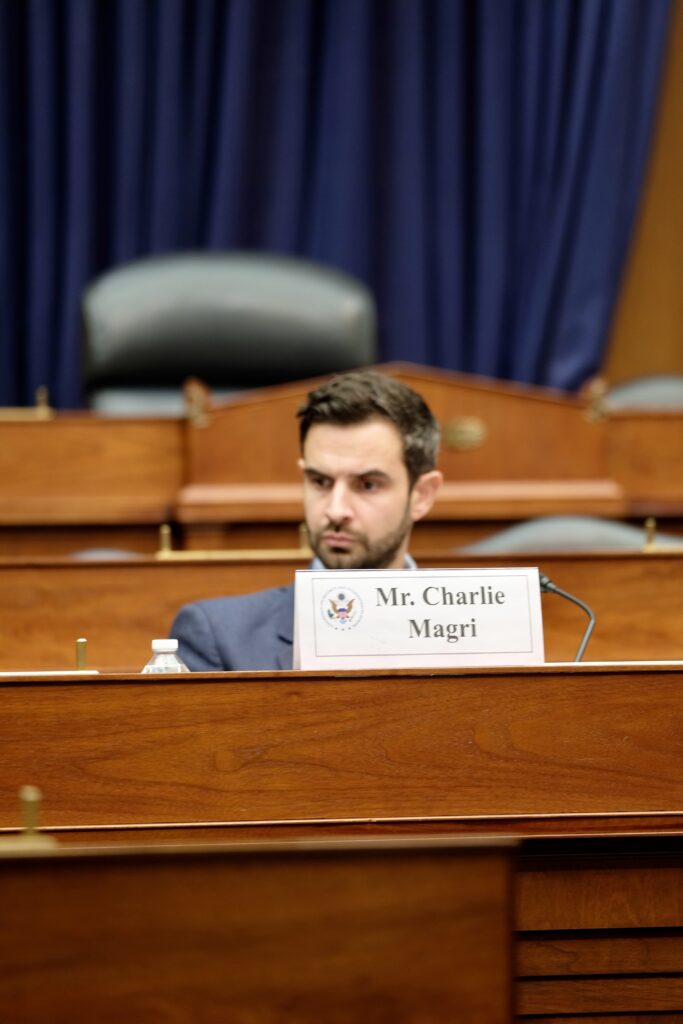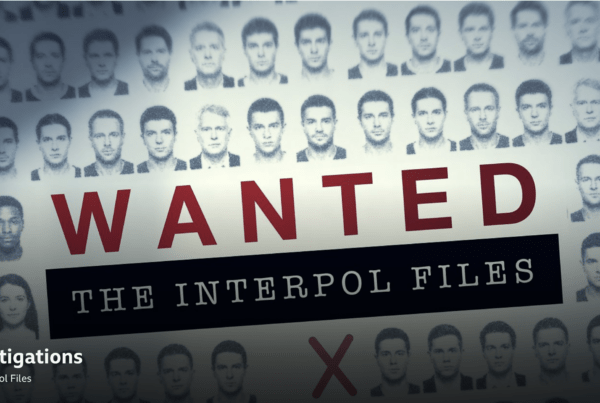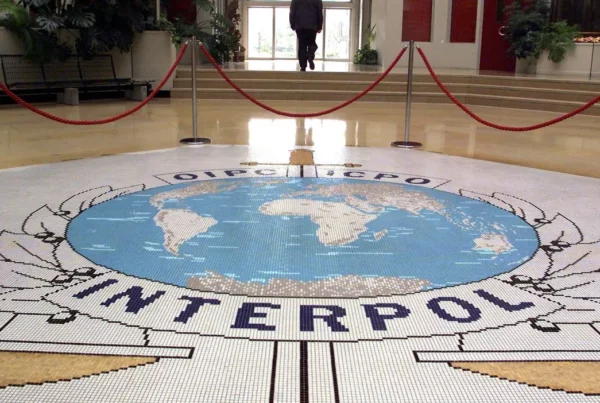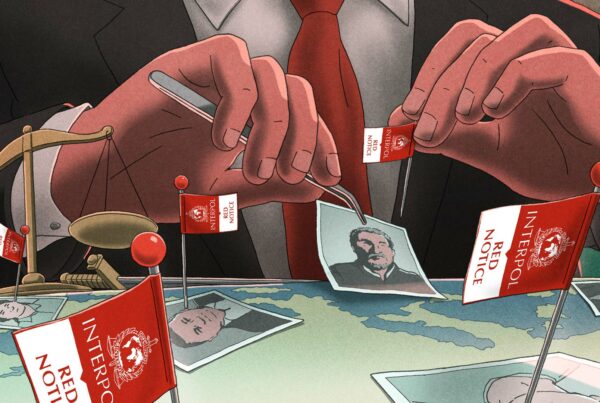On 29 October 2024, Charlie Magri was invited to speak at a public briefing held by the U.S. Helsinki Commission (formally, the Commission on Security and Cooperation in Europe), an independent U.S. government agency charged with advancing human rights and the rule of law across the OSCE region. The briefing — “Countering Authoritarian Abuse of INTERPOL” — featured contributions from three practitioners: Charlie Magri (Otherside), Sandra Grossman (Grossman Young & Hammond, LLC), and Ted R. Bromund (Bromund Expert Witness Services). The discussion focused on the ongoing misuse of INTERPOL’s channels for politically motivated targeting.
Magri testified in his personal capacity, drawing on his experience as a former Legal Officer at the Commission for the Control of INTERPOL’s Files (CCF). He addressed how authoritarian states increasingly mask political motives behind ostensibly “ordinary-law” charges — such as fraud, embezzlement, or organised crime — and how INTERPOL’s systems, while improved, remain vulnerable to this type of manipulation.

He also assessed the impact of recent structural reforms: the Notices & Diffusions Task Force (NDTF), the Refugee Policy, and the enhanced powers and statutory timeframes granted to the CCF. While acknowledging their significance, Magri warned that these changes have not stemmed misuse. Rather, politically motivated requests have become more sophisticated in form.
To mitigate ongoing abuse, he proposed three priority reforms:
- Bolster training, oversight, and accountability at the level of National Central Bureaus (NCBs), which serve as the gatekeepers for notice submissions.
- Improve transparency via more detailed breakdowns in INTERPOL’s reporting: numbers of Red Notice and Diffusion requests, cancellations, rejections — by country.
- Expand resources for the CCF, to keep pace with rising case volumes, accelerate decision-times, and enable publication of anonymised decisions with full legal reasoning.
His extended analysis of these issues is available here: Exploring the TRAP Act: INTERPOL Reform Assessment





